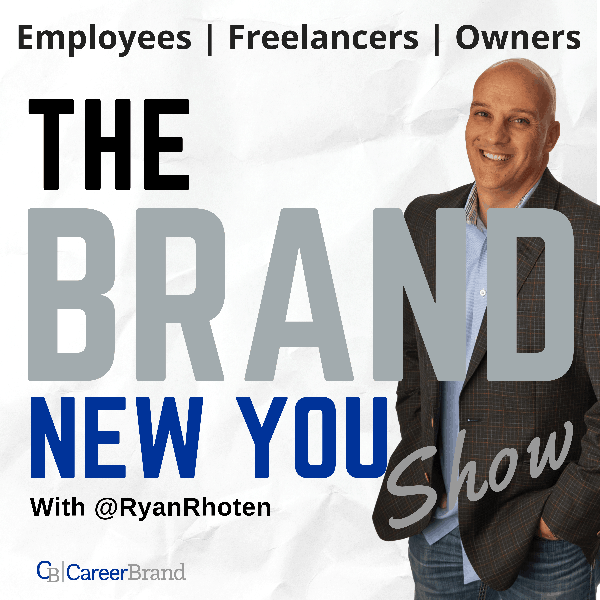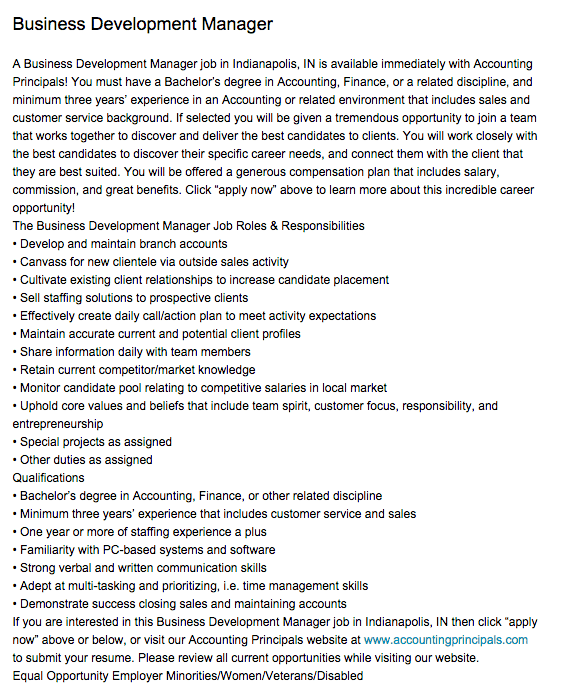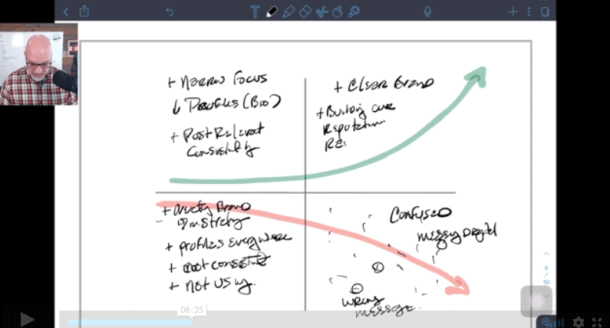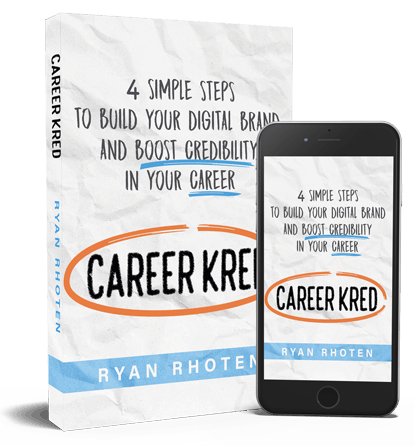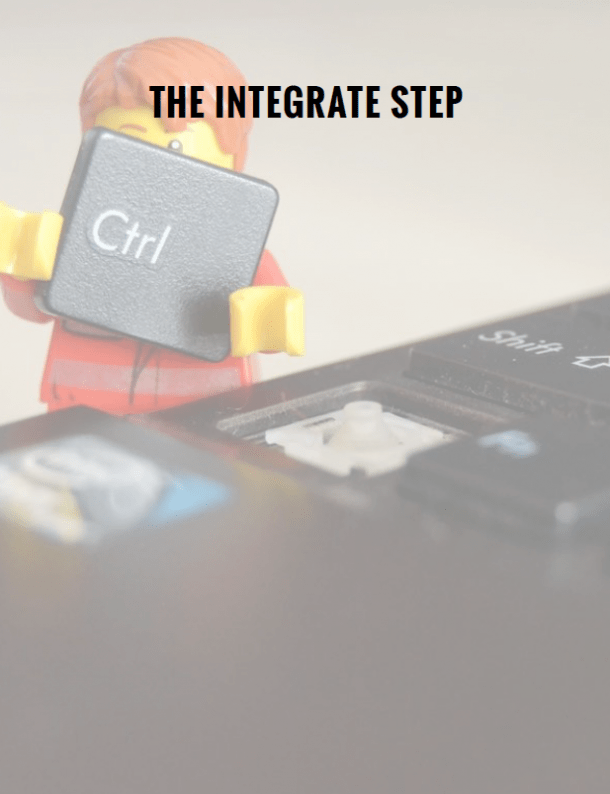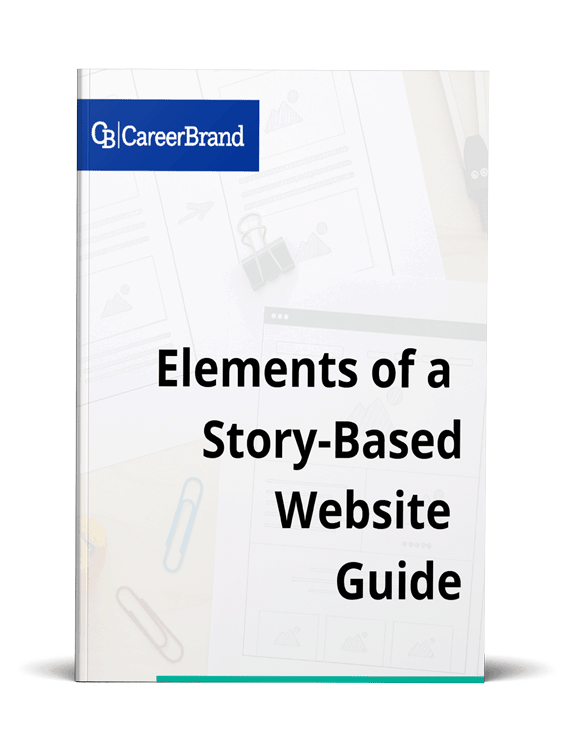When was the last time you had a job interview?
Recently I was discussing career options with a friend who was contemplating a career change. During the course of our discussion, he let it slip that he hadn’t had an actual interview in over 7 years.
He was a little concerned about how he would handle an interview. Which is understandable since the whole interview process is designed to make you as uneasy and uncomfortable as possible. And it works. It makes us nervous. It makes us uneasy.
Why is that do you think?
[smart_track_player url=”http://traffic.libsyn.com/thebrandnewyoushow/003_Transferable_Skills.mp3″ title=”What are transferable skills?” artist=”Ryan Rhoten” image=”http://jaded-finger.flywheelsites.com/wp-content/uploads/2015/08/BNY-Logo1-e1439591524475.jpg” color=”f5811f” download=”false” social=”true” social_twitter=”true” social_facebook=”true” social_gplus=”true” social_linkedin=”true” social_stumble=”true” social_pinterest=”true” social_email=”true” ]
Downloadable worksheet: TRANSFERABLE SKILLS
An interview at is most basic level is really nothing more than you telling people you don’t know about you. And who knows more about YOU than, You? Should be simple right? It’s weird how telling people about your skills and experiences makes us uncomfortable. So uncomfortable that it can make us freeze. Forget stuff we’ve committed to memory.
For those of us who have been in the “real” world for awhile, doing the same job in the same industry, it’s easy to understand how we can “forget” stuff. It’s not that we are literally forgetting, what’s really happening is that we’ve been at it for so long that we take certain things for granted.
We assume that “everybody knows that”. While this may be true in some circumstances, during an interview you need to be able to tell people about the stuff you take for granted and how it can help solve their problems and help their business grow.
Each one of us has a laundry list of things that we can take with us from job to job, company to company. These things are born out of our experiences and are buried deep inside each of us. But to be effective during an interview, you need to identify these things, give them a name and demonstrate how you will use them in a new position.
Let’s call these things transferable or leveragable skills if you prefer. They are what got you to where you are and they are what will get you to where you want to go.
Mid-Life Transition
It turns out that my friend's admission was just the tip of the iceberg and not interviewing in awhile wasn’t the only thing he was nervous about. He had been in the same industry and with the same company for a very long time was really wanted to move into a completely different industry. He had also recently lost a parent and with it the invisible barrier to our own mortality.
This invisible barrier protects us from the larger questions in life. The questions that at younger ages we don’t even know to ask. We’re so busy trying to advance in our careers that the barrier blocks out these questions so we can remain focused on the “goal”.
But once the barrier is down, we begin to see how short life really is and we start to doubt our place in it. So we begin asking ourselves questions like:
“Is this all there is”
“Is this what I'm going to do that rest of my life”
“I hate my job but how can i earn an equivalent living”
“Why are others getting promoted, but not me”
These are big and powerful questions and they are all classic signs of a mid-life transition.
And yes, I said transition as oppose to the more typical term of “crisis” because I believe it is at this junction of our lives where we can make the most difference and have the most impact on ourselves and those around us.
But it is in this season of our lives when we are finally ready to ask and ultimately do the work that will help us find the answers to the questions previously hidden behind the invisible barrier. The good news here is that the answers to these questions lie in our ability to understand and apply our transferable skills.
The Resistance
The mid-life transition is normal. We are all supposed to go through it. When it happens varies for all of us but the outcome of this process can help us get to the next season in our lives. Just because we have done one thing for most of our lives does not mean we have to do that same thing for the rest of our lives.
We can change our path.
The way I see it, once we reach this point of self-reflection or self-doubt, we have two choices.
Accept and Stay OR Reframe and Transition
Accept and Stay means just that. You maintain the status quo. You stick to the same job, probably the same company but if not you will stay in the same industry. You choose comfort over challenge. You choose complacency over adventure.
And that’s OK. Because as Judge Smails said in Caddyshack, “The world needs ditch diggers too”.
On the other hand, you can choose to reframe and transition, to perceive and believe.
In choosing this path, you are saying out loud that the status quo no longer holds you. It’s unacceptable to you. You no longer want to be a ditch digger.
Referring to Steve Jobs quote about standing in front of a mirror, You know something needs to change, and by choosing to perceive and believe it means we are willing to do the work to change.
Is this you?
Choosing to reframe is the key to standing out and setting the stage to achieve your goals. But it’s not for the faint of heart. It’s scary. It requires answers to harder questions such as “how else will I earn an equivalent living”. This is the question that keeps most of us at bay.
Steven Pressfield in his book –
calls this the resistance. Most will use this question as the reason to not move forward. They’ll use it to Accept and stay.
After all, we need to maintain our current lifestyle right? I mean the kids are going to college soon, We can’t move them now they are doing so well in school. They would need to leave all of their friends behind.
Sound familiar?
If so, it’s the resistance calling you. Pulling you towards that ditch. Handing you a shovel. Will you take it?
We could spend an entire show talking about the NEED to make as much as we do now, but for now, let’s focus on the second half of the question.
The “not knowing how” part.
Let me ask you something to help put you in the right frame of mind. What if you got laid off tomorrow? What would do?
That money you need to maintain your current lifestyle just went to zero.
Keep this situation in mind as we start to think about our transferable skills and how we can use them to our advantage.
Transferable Skills
So what is a transferable skill? The answer as you might expect is right in the question. They are the skills we’ve acquired throughout our careers and our experiences that can be transferred or more appropriately leveraged into new roles, positions or companies.
They include things like leadership, delegation, coaching, attention to details, speaking a foreign language, handling customer complaints, managing suppliers.
All of these skills can be leveraged into your next role. The challenge we face is recognizing them for what they are because for most of us they are almost habits rather than a skill we think about. Perceiving that we have leveragable skills is the first step in a mindset that will allow us to see ourselves differently, understand how we make a difference, understand how we add value in our daily working lives.
Unfortunately, many people see themselves as a “title” or someone in a particular role; a program manager, a product manager, operations manager. Does this describe you? When asked during interviews “tell me about yourself” do you start with, “I’m a program manager” or whatever our current title happens to be at the time?
I’ve said it before and I’ll say it again. We are more than a Title or some other label that others give us. Instead, we are a walking bundle of skills that can be deployed in any situation.
Can someone who has been a materials manager all of their life become a business development manager? Absolutely. But in order to make that leap the materials manager must divorce themselves from their current position.
You have to see yourself differently. You’re NOT a materials manager. This is especially true if for those of us who have been working in one discipline for a long time.
We are not a title.
If you can perceive this. The you are in the right mindset to start believing that you can become something else. You can become someone else.
Skill Identification and the Job Description
To begin to see this mindset in action, go to your favorite job board and pull the job description of a position you feel you are not qualified for but would like to do.
This is important. Do NOT pull a job description for your current title. Doing so won’t help you get past you own self-limiting beliefs.
Once you have the job description, scan through it. Look for and highlight words or phrases in the description related to skills; such as financial skills, management skills, technical skills, organizational skills, business skills.
To demonstrate how skills are transferable I'm going to walk through this description through the lens of a materials manager who wants to become a Business Development Manager.
With this context in mind, I’ve pulled the job description for a business development manager. Let’s see how many skills overlap between the two professions as we walk through this together.
The Job Description
Start with the description of the job at the top. Don’t scroll to the roles and responsibilities section yet.
Skills for a business development manager in the description include Sales and customer service, teamwork, listening, problem-solving, and networking.
Now some of you will immediately stop when you read the words “a bachelor's degree in accounting/finance” but that would be a mistake because the next thing stated is “or related discipline”. You see for this role the real requirement is a bachelor's degree.
For the majority job postings, the degree requirement is really there more to keep the wrong applicants out rather than prevent the qualified ones from getting in. The degree, regardless of what it’s in more often than not, gets your foot in the door. And prevents the door from being closed.
Take me for example. I have a degree in Aeronautical Technology. Yet I have spent my entire career in manufacturing. My degree opened the door. My skills let me walk in. Back to the job description.
This job is also looking for someone with 3 years experience in an accounting or related environment. Some will read that and say, well I don’t have 3 years experience in accounting and move to the next job posting. If you read it this way, you have not divorced yourself from your current title or position and that’s a mistake.
What the posting really states is 3 years experience in an accounting or related environment. It doesn’t say 3 years doing accounting work.
Hopefully, you’re starting to see how this works and how these job descriptions are littered with skills.
Roles and Responsibilities
What other skills can we find? The very first one under roles and responsibilities is another skills. Can you develop and maintain an account? A materials manager, for example, maintains multiple accounts with suppliers.
- How about – Cultivate existing relationships – Materials managers do this daily with their suppliers.
- Selling solutions, yet another skill. – Because materials managers see a larger picture they can identify and present alternative solutions to common problems.
- Share information daily with team members – Really? we all do that right? Especially the materials manager. At least, the one’s I’ve worked with have never been shy to share information.
- Retain competitor knowledge – materials managers are perhaps the best I’ve encountered at knowing what the competitors are doing.
Are you starting to see how the skills for a business development manager can be and are executed daily by a materials manager?
Two very different roles with very similar skill sets.
Qualifications
This another area where we look for reasons not to move forward, to let the resistance and status quo take over.
- The first one is a bachelor’s degree in Finance or Accounting. Now because the description states “or another related discipline” they are telling you what they really want is the bachelor's degree.
- 3 years experience that includes customer experience and sales. Materials managers all have customer experience, their customer may not be buying the end product instead their customers are product managers, the shop floor, and the operations manager they interact with daily. They need to be able to sell their ideas and solutions.
- Adept at multi-tasking and prioritizing i.e. time management skills. It’s the time management skills they really want. Materials managers all need to be able to manage their time. You do as well and you do it every day.
Your current role
Now that we’ve gone through the job description and highlighted the words and phrases that relate to skills, reflect back on your current job. Think of examples when you demonstrated the skills you highlighted. Those situations are the stories you will tell during the interview. While telling the story tie it to how that skill can be used to help the company to which you are applying.
You will need to reframe all of the skills you identified and be able to relate them to the job you are applying for.
But what about the skills you don’t possess? Let’s talk about those for a minute.
Gaining new skills
Without a doubt, you find skills that are required for a job that you don’t possess. For these particular skills, you will not be able to relate your experiences to the job. These are gaps in your experiences that you will need to fill before you can make a change or pivot. This is especially true if you are wanting to make a complete career change; say from materials manager to a software developer.
There are many ways you can obtain these skills to fill the gaps you’ve identified, such as:
- Going back to school and get a degree.
- Go to a vocational school to get a specific skill.
Either of these options will take a little longer to obtain the required skills.
- Take classes online or a local community college to get very specific skills such as how to use Adobe Illustrator.
Another way to gain skills, and for me, this is the best way because it does multiple things for you at once.
- Volunteering in your community.
Volunteering does multiple things for you. First it demonstrates your interest in the local community. It allows you to develop skills you won’t necessarily get the chance to develop working at your current company. It also provides you with the opportunity to network and show others within the organization your skills.
You may even be able to take a leadership position within the organization to further develop your leadership, organizational and multi-tasking skills.
Any way you approach it, you will need to develop the skills where you have gaps. But to know which ones you need to develop you need to know what you want to do next.
In Closing
This time, of transition, is necessary for all of us. It gives us a chance for the good old “do-over” that we abandoned on the playing field of our youth. It's an opportunity to change our course, to do something different, to do something that fills us with enjoyment and satisfaction. Of course, that’s only if you choose to reframe and transition, to perceive and believe.
And if you decide to Accept and Stay… Well, that’s OK because the world needs ditch diggers too.
QUESTION: What are your thoughts on transferable skills? Can a materials manager become a business development manager or do you believe we are locked into a career from the start?
